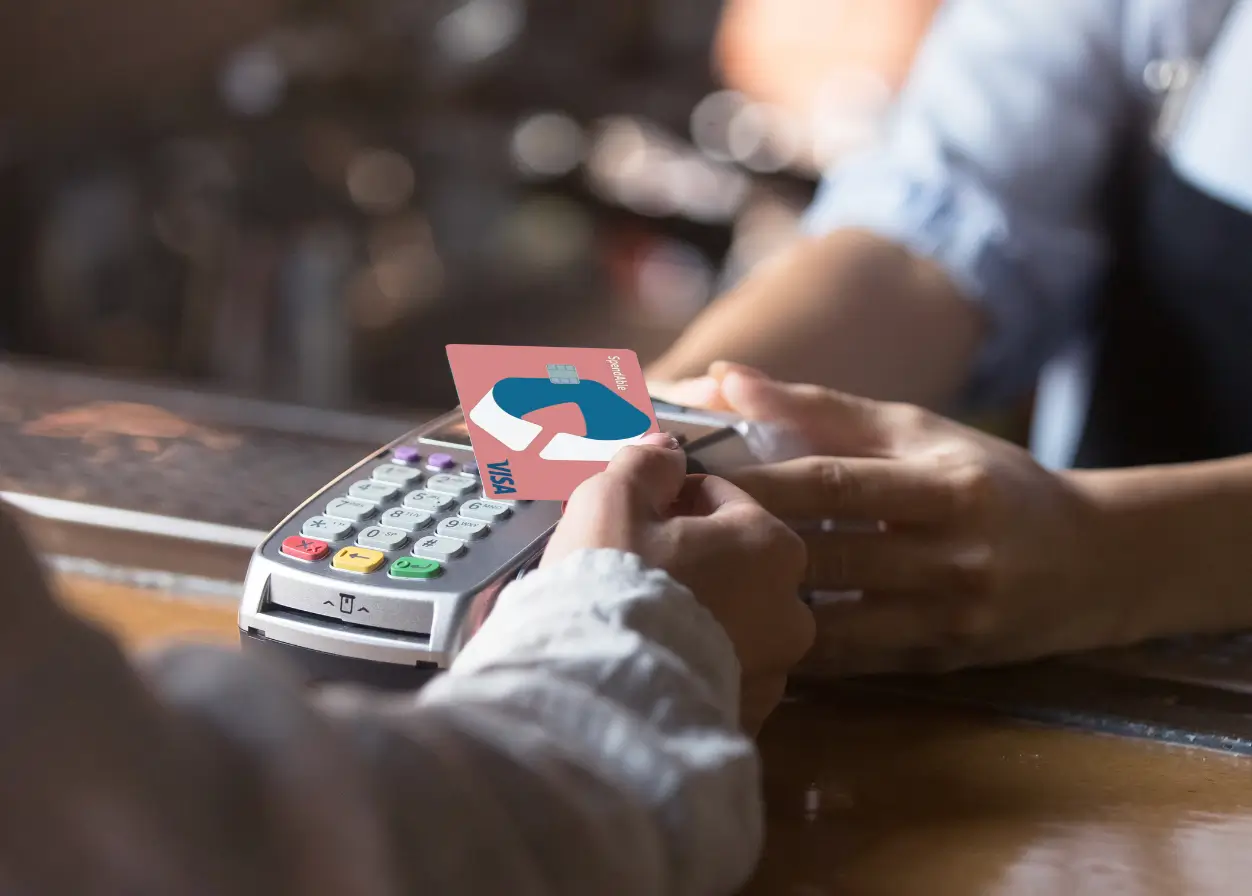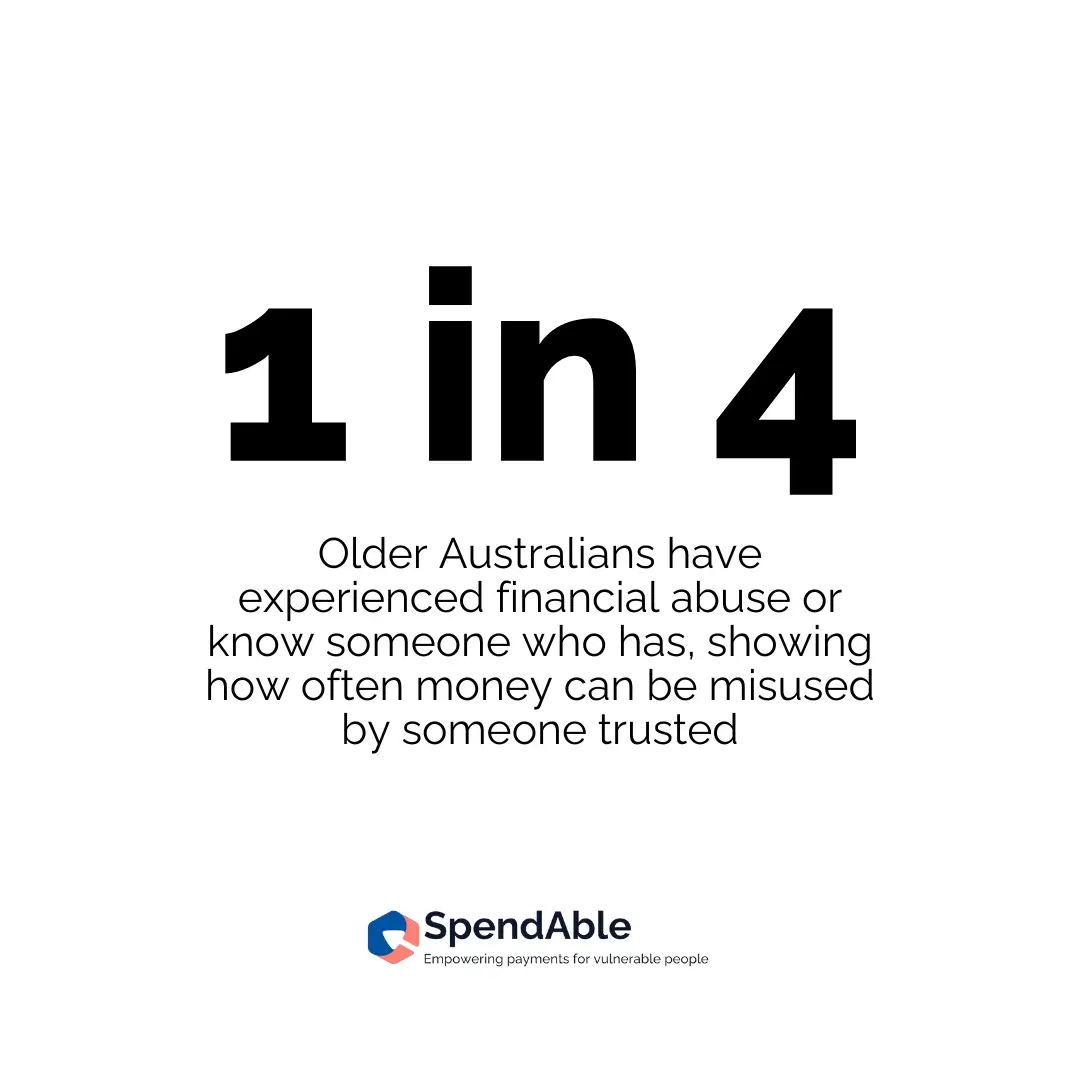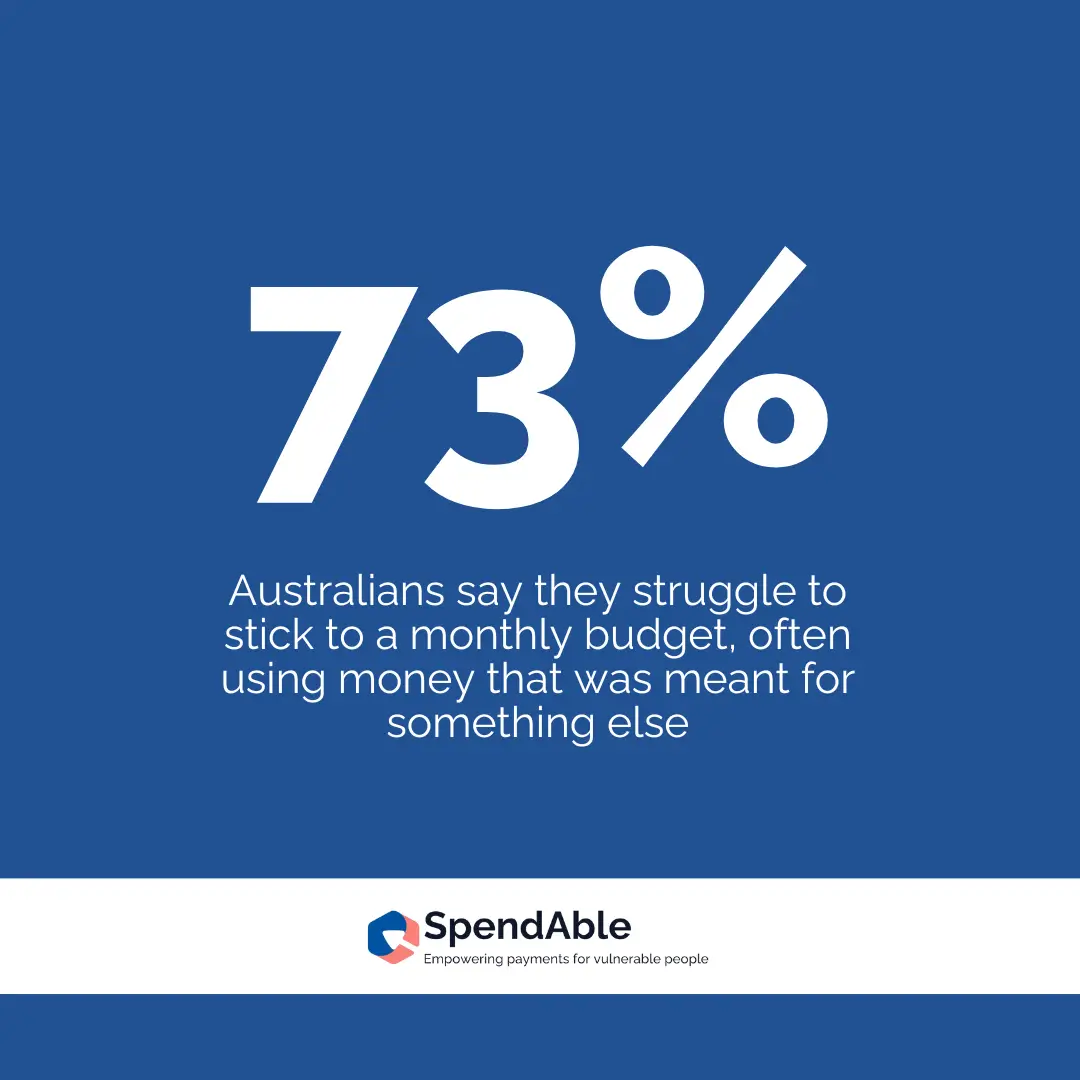5 Reasons Why SpendAble is the #1 Debit Card for Daily Expenses if You Need Support with Money

Key Takeaways
- Handing over your bank card or cash is risky, but SpendAble gives carers a way to pay without exposing your personal account.
- Keeping separate wallets for groceries, transportation, and activities makes budgeting simple and prevents overspending.
- Real-time tracking and stored receipts create accountability, helping you grow confidence and independence with money.
Most people don’t think twice about how they pay for daily expenses.
You tap your debit card at the supermarket, pay for petrol, grab a coffee, or pick up clothes. The money comes out of your account, and that’s the end of it.
But not everyone has that same level of ease.
If you’re someone who needs carers, family members, or support workers to help you pay, handing over your personal card or cash can feel unsafe.
You don’t always know who spent the money, where it went, or if receipts will come back to you. That can make everyday spending stressful instead of simple.
And sadly, that concern is valid. Research shows that when care and support create dependence, people with disability are at heightened risk of financial abuse or money being misused.
This is where a debit card for daily expenses built with participants in mind makes a real difference. Beyond replacing your personal card, it gives you tools that make spending safer, clearer, and more empowering.
Here are five reasons why the right debit card for daily expenses can change how you manage money.
1. You don’t have to hand out your personal bank card
Giving someone else your debit card or cash might seem like the only option if you need help paying. But once it leaves your hands, you lose control.
Think about what happens when you hand over your personal debit card.
A support worker might take it to the shops, but they now have access to your whole account. If they forget to bring back the card, you’re stuck without it. If a receipt goes missing, you don’t know what was bought.
Even if nothing goes wrong, it’s a constant risk. In fact, a CommBank survey found that more than one in four older Australians have either experienced financial abuse or know someone who has, highlighting how often money can go missing or be misused by someone trusted.

Cash isn’t much better. It can get lost, stolen, or spent without a clear record.
And if you’re living in a shared home, cash on the counter can create confusion about who it belongs to.
A debit card for daily expenses changes this. Instead of giving away your personal card or handing over cash, you keep those private.
With SpendAble, for example, carers or trusted people can pay with a separate card linked to budgets you’ve set up.
They can buy groceries, pay for transportation, or cover activity costs, but they never access your main account.
This way, your personal details stay private, and you’re not worrying about money going missing. You still get the things you need, but with much less stress. It’s safer and more transparent.
2. Your money stays organised with wallets
Daily expenses aren’t just one category. You might spend on food, fuel, clothing, outings, or activities.
When it all comes out of the same account, it’s easy to overspend in one area and leave yourself short in another.
For example, if you spend a little extra on takeout this week, you might not realise you’ve dipped into the money you need for transport. By the time you notice, it’s too late.
This scenario is pretty common. About 73% of Australians say they have difficulty sticking to a monthly budget, so it’s easy to accidentally use up money meant for something else.

A debit card for daily expenses helps you stay organised by dividing your money into wallets.
With SpendAble, you can set up a groceries wallet, a transport wallet, and even one for social outings. You add the right amount to each, and that’s what gets used.
This makes it much easier to stick to a budget without needing complex tools or long calculations. It’s a visual and practical way to see where your money is going and to ensure you always have enough set aside for the essentials.
3. Every transaction is tracked instantly
Losing track of money happens fast. You might ask a carer to pick up some shopping, but when they come back, you’re left with only a vague idea of what was spent. If the receipt doesn’t come back, there’s no proof at all. Over time, that adds up to confusion and stress.
SpendAble removes the guessing. Every time the card is used, the details show up right away… the amount, the shop, the time, and even who made the payment.
This debit card also stores a digital copy of the receipt so you can check exactly what was bought.
This isn’t just useful for accountability. It gives peace of mind.
If you’re sitting at home while someone shops for you, you can open the app and see the purchase appear in real-time. There’s no need to wait until later or wonder what happened with your money.
4. You decide the spending rules
Handing over your money doesn’t mean you should lose control of it.
Everyone has limits and preferences about how they want their money to be used. A debit card for daily expenses should let you set those boundaries clearly.
With SpendAble, you can decide the rules. Maybe you only want carers to spend from the groceries wallet. Maybe you want to limit how much can be spent in one go, or stop purchases in certain categories altogether. Those rules are built into the card, so they can’t be ignored.
This matters because it shifts control back to you.
Instead of hoping someone spends the way you’d like, you know the card itself will enforce your choices. That keeps support simple and safe, while making sure money goes where it should.
5. It supports independence and trust
Money management goes beyond paying for things. It’s about being able to live the way you want, without relying fully on others and helps you practice independence, even if you still need support.
For example, you might start handling smaller purchases yourself, like paying for a bus fare or buying coffee, while carers handle larger expenses.
With SpendAble, the card gives you confidence because you can see what’s happening and know your budget is safe.
It also builds trust. Carers and family members don’t have to worry about being accused of misspending, because every transaction is tracked. And you don’t have to feel unsure about what’s happening with your money. The system keeps everyone accountable.
Over time, that transparency strengthens independence. You can manage more of your own spending, knowing there’s a safety net in place. In fact, research shows that accessible financial services provide people with disabilities greater control and independence by enabling them to make immediate personal decisions and transactions.
Making daily expenses safer and easier
Daily expenses are part of everyday life, but they shouldn’t leave you feeling stressed or out of control. If you need support with money, relying on a regular debit card often creates more problems than it solves.
A purpose-built option like SpendAble helps you keep spending clear, safe, and organised. You decide the rules, see transactions as they happen, and keep your personal card out of other people’s hands.
If you want a simple way to manage daily costs while maintaining your independence, it’s worth exploring how SpendAble can fit into your routine.




.jpg)